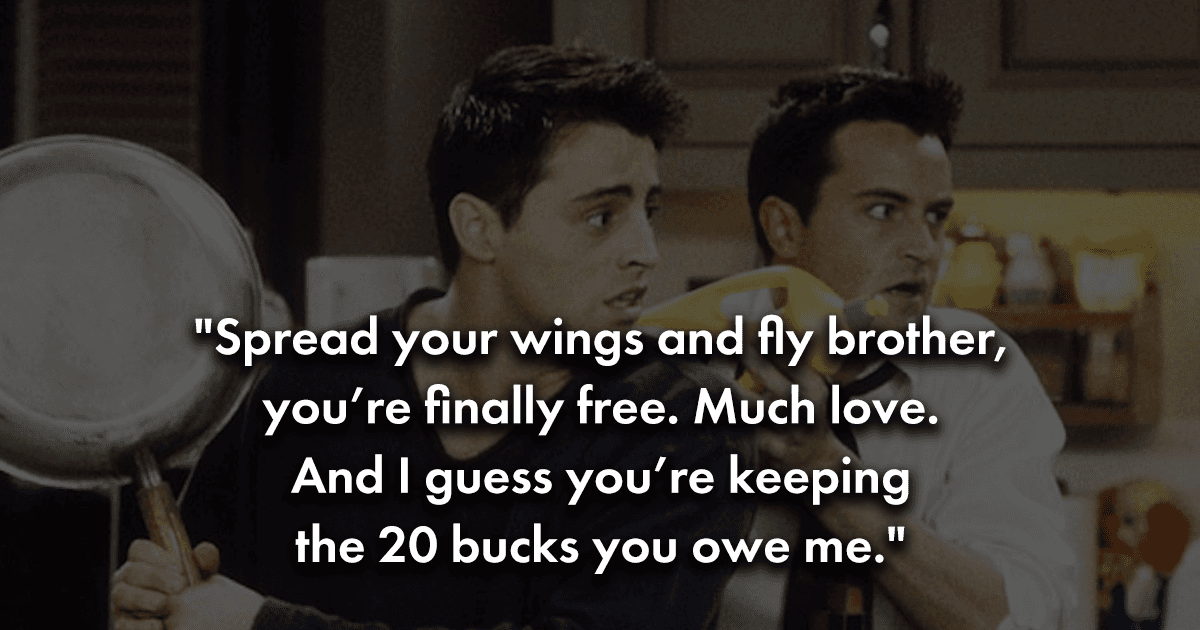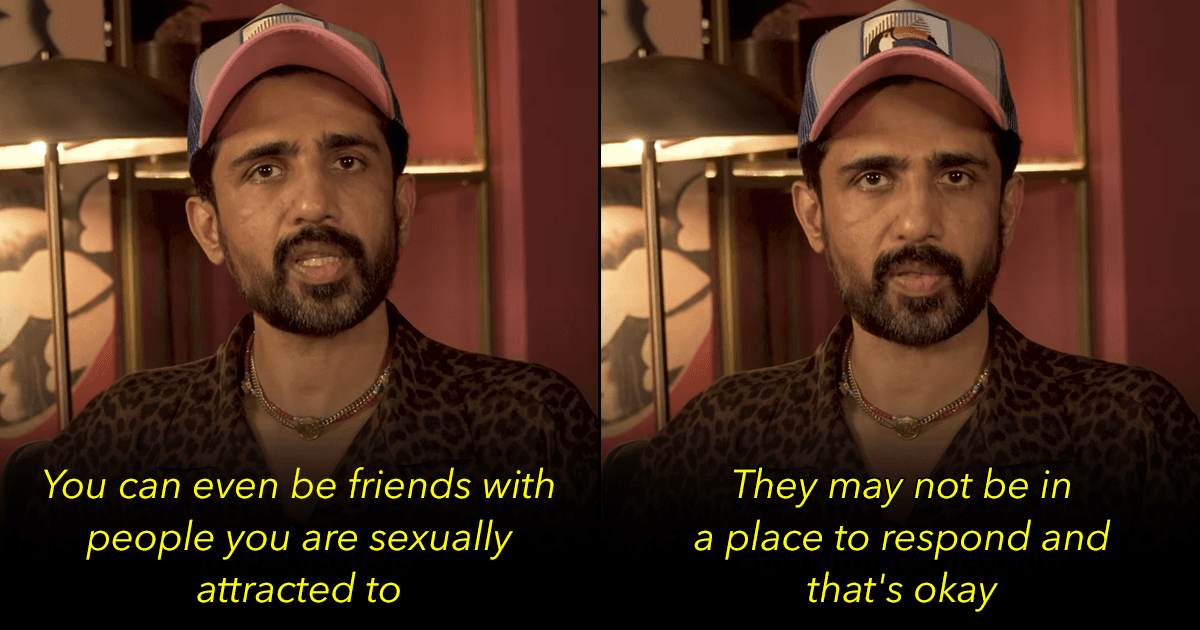Friendships are beautiful! They create a high-energy, supportive environment where you feel loved and welcome. You have the freedom to unapologetically be your best self, as well as your worst. It’s a strictly judgement-free zone. They’re more giving and impactful than most romantic relationships, which is why it hurts twice as much when things go sour.
When friendships take a dark turn, they can drain every drop of your soul from your body. Toxic friendships are extremely detrimental to your mental health and leave you feeling guilty, depleted and emotionally shattered. That is why it’s important to make the gut-wrenching move and cut them out as soon as your start seeing the signs.
Toxic friendships can increase your risk of heart disease, anxiety, depression and weaken your immune system
— UberFacts (@UberFacts) March 16, 2022
Positive friendships can reduce stress, improve confidence, self-worth and boost your sense of belonging
Friendship is something we all crave. We all want that sense of family, community, or niche. We all want to feel that spark, and sense of play. Unfortunately; many of us don’t even realize when we are living in toxic friendships. Friends can break your heart. +
— 𝕭𝖗𝖚𝖏𝖆♡𝕭𝖎𝖙𝖈𝖍 (@brujabitchh) March 21, 2022
Toxic friendships aren’t nearly discussed as much as toxic relationships. Your friend who is a yes man? Toxic. Your friend who only criticizes you? Toxic. Your friend who constantly makes fun of you, and tells you to chill? Toxic. Do I even have to explain more types?
— A (@aurafeels) March 21, 2022
Can’t stress this enough. If your friends don’t make a positive impact in your life, you can’t run to them, they don’t push you to reach your goals, and they don’t do things for you as you would to them. LEAVE the friendship behind. Having toxic friends is a thing!!!
— Alex (@alex_mdrl) March 20, 2022
The relief after leaving a toxic friendship
— Adam ghassani (@AdamGhassani) March 19, 2022
If these sound like you, it’s time to cut them out:
1. Your thoughts, feelings and opinions are constantly invalidated.
Sometimes in friendships, the bars, restaurants, movies or activities you decide to engage in are never your choice. Your school of thought and judgements are always under scrutiny. Even if you do decide to pick a spot or express an emotion, you’re met with persistent disapproval and vexation. Such behaviour is extremely emotionally taxing.
2. Your issues are always neglected.
Your friend shares their hardships with you, you sympathise. They talk about their breakups, family fights and gruelling work life, you lend a helping hand. But when the tables turn, suddenly your troubles are dismissed as unimportant, insubstantial and not as paramount as theirs. It could be that they’re selfish, or they’re continuously talking up their problems because they crave your attention and validation. Either way, it’s exhausting and signifies an imbalance in your relationship.
3. You’re always criticized, but it’s never constructive.
4. You’re always in an unspoken battle.
Every achievement you accomplish is not a moment of celebration, but a source of jealousy or insecurity for your friend. Instead of being happy for you, they spend their time trying to one-up your efforts. They treat your bond as a contest instead of a mutually beneficial relationship. This is a mammoth red flag and indicative of your friend’s self-absorption and inability to be involved in a healthy friendship.
5. You’re walking on eggshells around them.
You have to watch your words and actions around them because they have a history of going ballistic when they witness something they don’t like. This suggests that your friend is hyper-sensitive and takes things personally. While it’s not wrong to protect your friend’s feelings, it can quicky become stressful if you can’t be your authentic self around them.
6. You only hear from them if they want something.
On an average day, you hear radio silence from their side. But when they need a favour, they will bombard you with promises of friendship and guilt trip you when you deny. They will also keep a record of the things they do for you and use it against you when you refuse something they require from you.




































